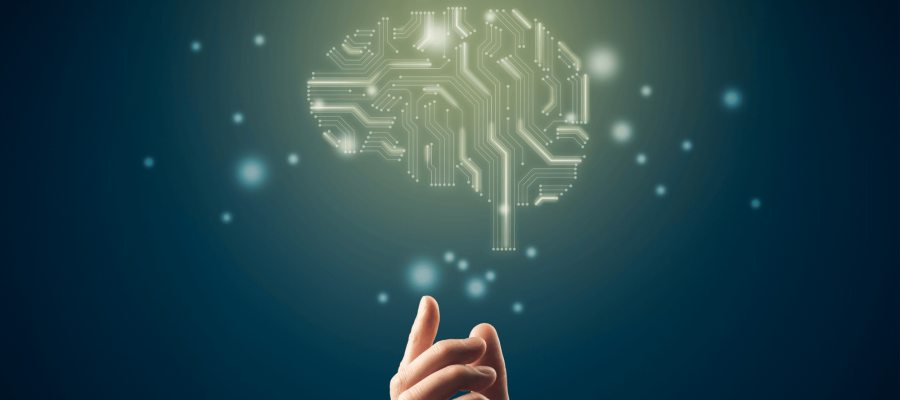This is a question I get asked a lot, and I preface my answer with the following two conflicts of interest and two statements of the bleeding obvious:
- + Peoplogica has been providing its clients psychometric assessments for more than 20 years and they all enjoy dramatically improved selection and retention rates
- + Our survey platform (MultiRater Surveys) incorporated AI in 2023 and I am absolutely blown away at how it has improved and revolutionised leadership development outcomes
- + If AI could effectively replace psychometric assessments, would I be the first in the queue to use it and recommend it to our clients? You bet I would
- + AI cannot replace everything, it is not the answer to everything, and it will never be the answer to everything
This is what I have learned about AI
Many people say they have an AI-powered solution when in fact, it is just a very smart algorithm. There is a difference between AI and advanced algorithmic mathematics. Advanced maths does not get smarter by itself, advanced maths does not learn by itself, and advanced maths is only as smart as the human or AI that developed it.
When I look at AI to determine whether it is, in fact, AI, I ask: Can it get smarter by itself? Can it learn from itself? Can it learn from others? In simple terms, does it replicate the thinking of a human, similar to how human thought processes develop from baby, to toddler, to teenager, to adult?
So, back to the original question: “Are psychometric assessments still relevant in the age of AI?”
And the answer just has to be yes, absolutely they are.
AI will most likely not replace advanced psychometric instruments
And the reason is that a psychometric evaluation must have the input of the individual for it to generate an accurate and reliable prediction of how that individual will think, behave and be passionate about in the future. It is not an evaluation that can be done by consulting others, nor is it a process that can be accurate and consistent if the same questions are not asked.
The reality is that the highest level of psychometric instruments (Predictive Normative Multi-Construct) are incredibly complex algorithms with incredibly complex underlying formulas and norming. I have not yet been shown any AI-generated assessments that have the reliability, validity and norming required when you are making decisions about individuals’ futures.
But AI will have a huge positive impact on what we do with psychometric data
However, I am absolutely convinced that AI can and will play a huge role in the interpretation of psychometric assessment results and taking the assessment data to create more engaging interview questions, on-boarding and coaching/mentoring programs. We have already started to look at the integration of AI with psychometric data and so far, the early signs are very, very promising.
The ability of AI to interpret primary data, integrate additional third-party data and then present a consolidated, thoughtful and impactful outcome is, at times, quite mind-boggling. We have only just started to scratch the surface of how we can positively use the power of AI, and I have no doubt that the future is going to be unbelievably exciting for maximising people capital outcomes. But as I prefaced this thought piece, be highly aware of non-beneficial AI applications, do not do it because it is “cool”, do it because your organisation and your employees gain increased benefits.


